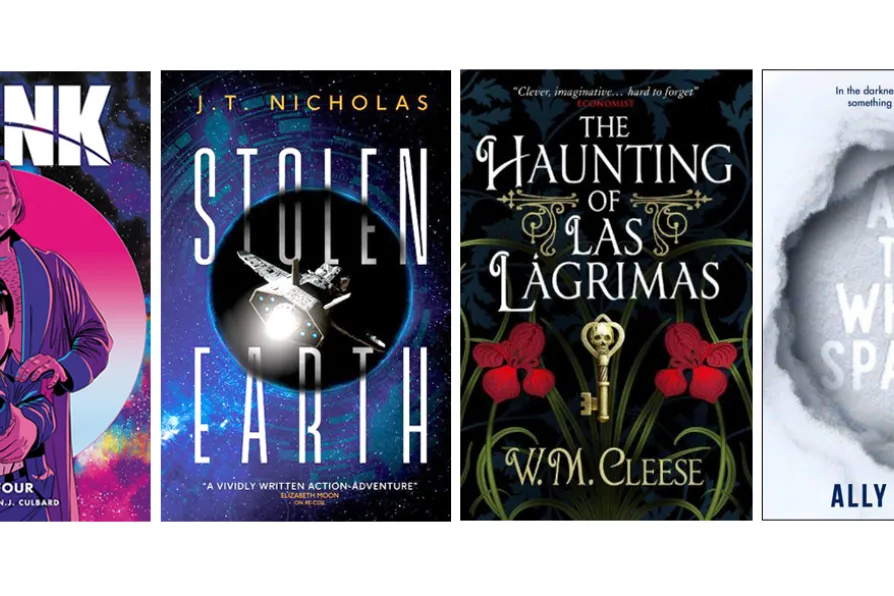RON JACOBS welcomes a timely history of the Anti Imperialist league of America, and the role that culture played in their politics


BRINK volume 4 by Dan Abnett and INJ Culbard, (Rebellion, £12.99), continues one of the most interesting and thoroughly imagined science fiction comics of recent years.
Originally a strip in the weekly 2000 AD, it takes place in a near future where environmental degradation has forced the human race to evacuate to giant space stations. They’ve taken corporate rule along with them, so the rich are still rich and the rest live in cramped near-poverty, plagued by crime, narcotics and apocalyptic religious cults.
Through a plot that blends horror, cop story and mystery, Abnett’s script and Culbard’s art work together with a rare harmony to create an exciting and convincing portrait of a future.

CARL DEATH introduces a new book which explores how African science fiction is addressing climate change

Generous helpings of Hawaiian pidgin, rather good jokes, and dodging the impostors












